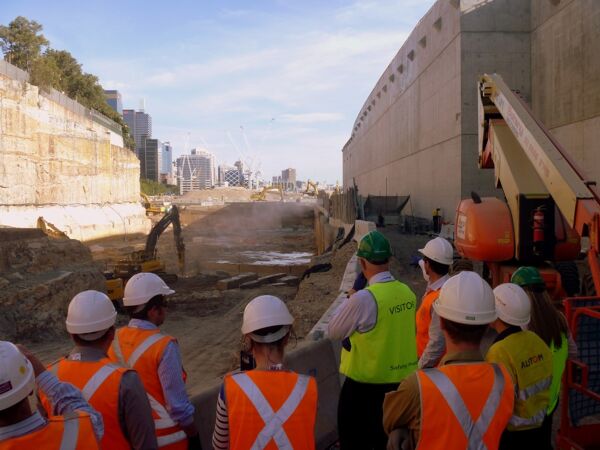
The skills shortage is a critical issue for the UK construction sector. Whether it’s drastically increasing the number of homes we build or to deliver the world class infrastructure our economy depends on, access to high standard construction skills is critical to our ambitions.
This problem has deep roots, from a cyclical market causing insecure work prospects to a sector which is risk averse. In addition, the image of the industry limits our access to the best talent from all parts of society, and the prevailing business model is not conducive towards skills development.
Although, as an industry we are working with government to ensure a pipeline of talent entering the profession, numbers entering nowhere near match the 700,000 who are set to retire in the next 10 years. Add to this an increased workload due to house building targets and ambitious infrastructure projects – the skills crisis comes into focus.
Brexit impact
Brexit further complicates the skills problem by potentially taking away access to hundreds of thousands of skilled European migrants. Developing the home-grown talent will take time. In the meantime, access to foreign workers is critical to current ambitions.Increasing productivity and introducing new, more efficient construction methods, such as offsite construction and Building Information Modelling (BIM) will play a key part in making the best of what we have. New processes will allow us to take advantage of alternative skills in manufacturing and design, broadening our skills base, as well as delivering projects in a less skills intensive way. However, this will only soften the impact of the skills shortage, not solve it.
It is with that in mind that we make the following recommendations to government to address the problems:
- Secure the rights of existing EU workers in the construction sector if we are to avoid projects being ground to a halt, particularly in the capital.
- An immigration system that recognises the importance of construction to the UKs competitiveness and supports the sector in attracting global talent.
- A long term programme is needed to evolve the skills and practices of the sector in line with cultural and technological change. This would be done to attract a more diverse workforce and take advantage of efficiencies offered by new ways of building.
A new pathway for entry into the sector at a post graduate level for established professionals wanting to transition into the construction sector, with appropriate levels of higher apprenticeship funding.
Although the challenges are tough, the potential reward, for adequately resourcing a key sector in our economy, is to make us a global leader in the field of technical construction expertise. This would provide us with a valuable resource to trade with the world, at a time when we are seeking to reposition ourselves on the global political and economic stage.
Find out more and download the report



